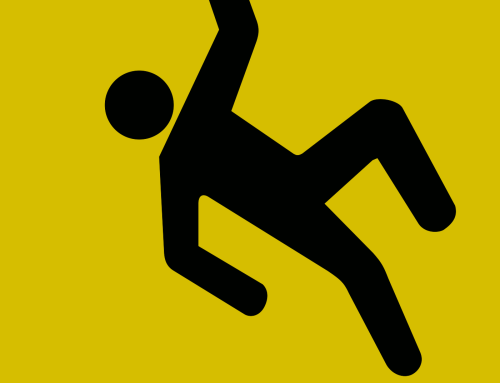Workers’ compensation is a highly technical business, particularly in California. There are very fine lines between what injuries are and are not covered, and who is eligible to receive benefits. If you have been hurt on the job and/or denied workers’ comp benefits, it’s important to know your rights.
Here we’ll discuss how employees and independent contractors are viewed under the California workers’ compensation law, and how to protect your rights in case of a denied workers’ compensation claim.
What Isn’t Covered by Workers’ Compensation?
When a determination is being made on whether a worker is covered under California workers’ compensation laws, the initial presumption is made that the worker is covered. But that is not the end of the line. Many factors are taken into account when assessing the final determination on coverage.
Unfortunately, if you are an independent contractor, you are not eligible for workers’ compensation. But the laws can be fuzzy about what dictates whether an individual is an independent contractor or not. Therefore this determination is, in some ways, discretionary. If you have been denied workers’ compensation and you are performing tasks that are traditionally completed by full-time workers, you may still be able to argue for compensation.
Are you an Independent Contractor or Employee?
Although there is no set definition of an independent contractor in the state of California, there are many factors used to try and make this determination, including:
- Whether the worker’s occupation is distinct from the company that they are working for
- Whether the occupation is specialized
- Whether the employee provides their own tools or equipment
- Whether the employee is hired for a short period of time or paid by the job (not by the hour)
- Whether the employee needs minimal instruction or training to perform the job
- Whether the employee has set hours, works off-premise, is not required to be full time, or is required to routinely report to a superior
- Whether the worker is free to work for other entities
- Whether the work requires a contractor’s license and the worker does not have such a license
In many cases, employers or their workers’ comp insurers may deny claims based on many highly subjective standards, requiring injured workers to turn to the Division of Industrial Relations for a second opinion on the determination. This can take time, creating hardship and lost wages.
What to Do If You Believe You’ve Been Unfairly Denied
Denials may be issued based on a wide array of factors, such as:
- A dispute regarding whether you filed a claim or not
- You did not promptly notify your employer
- You were not on the job when your injury occurred
- You were under the influence of alcohol or drugs when the injury occurred
- You reported your claim after you were fired
You should always seek legal counsel when dealing with a worker’s compensation case denial. If you believe that you’ve been unfairly denied, you can contact the California worker’s compensation administrative office and fill out a complaint form. If your complaint is found to be warranted, it may support your case and help you receive the correct amount of compensation for work-related injuries.




Leave A Comment